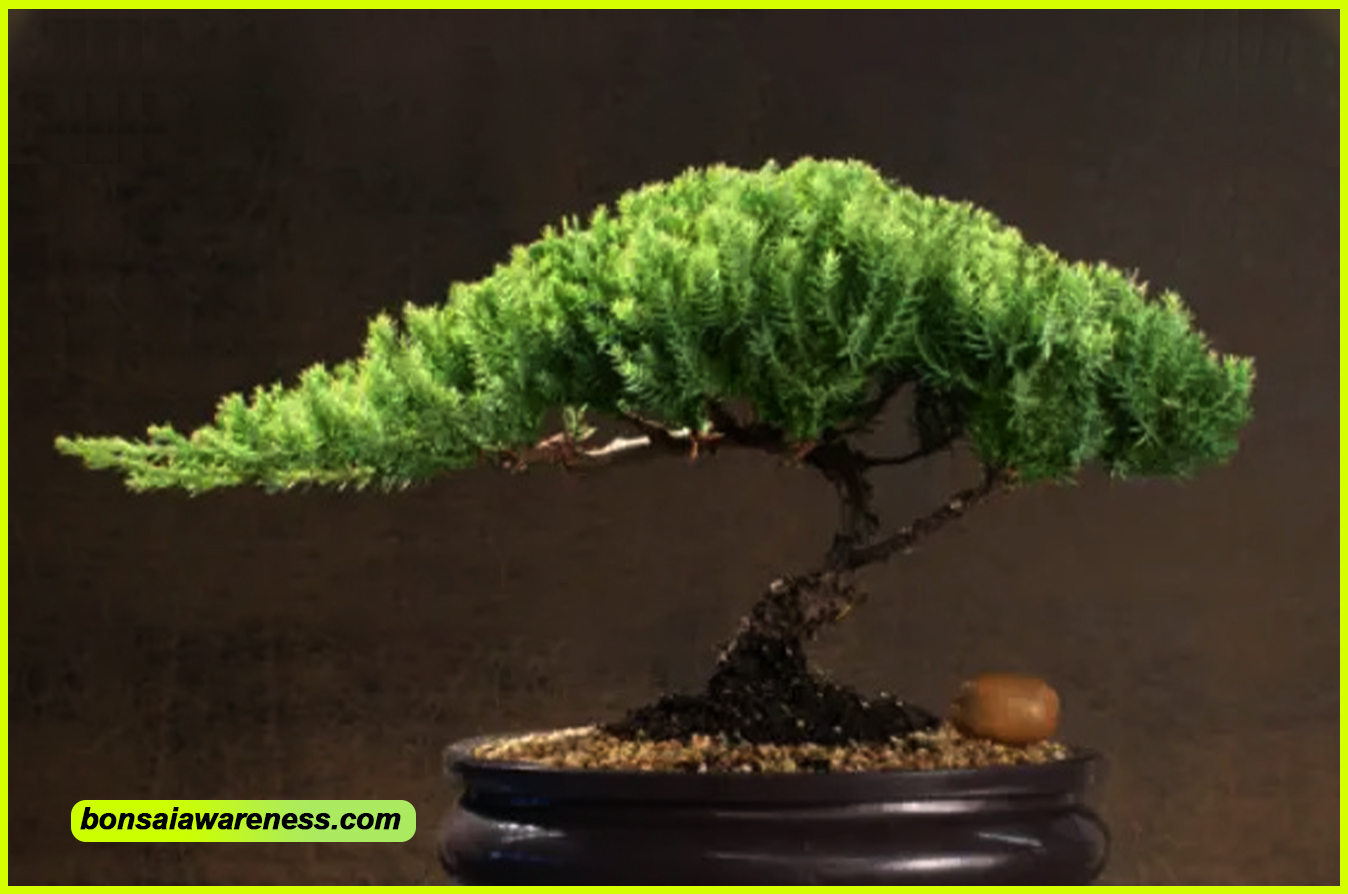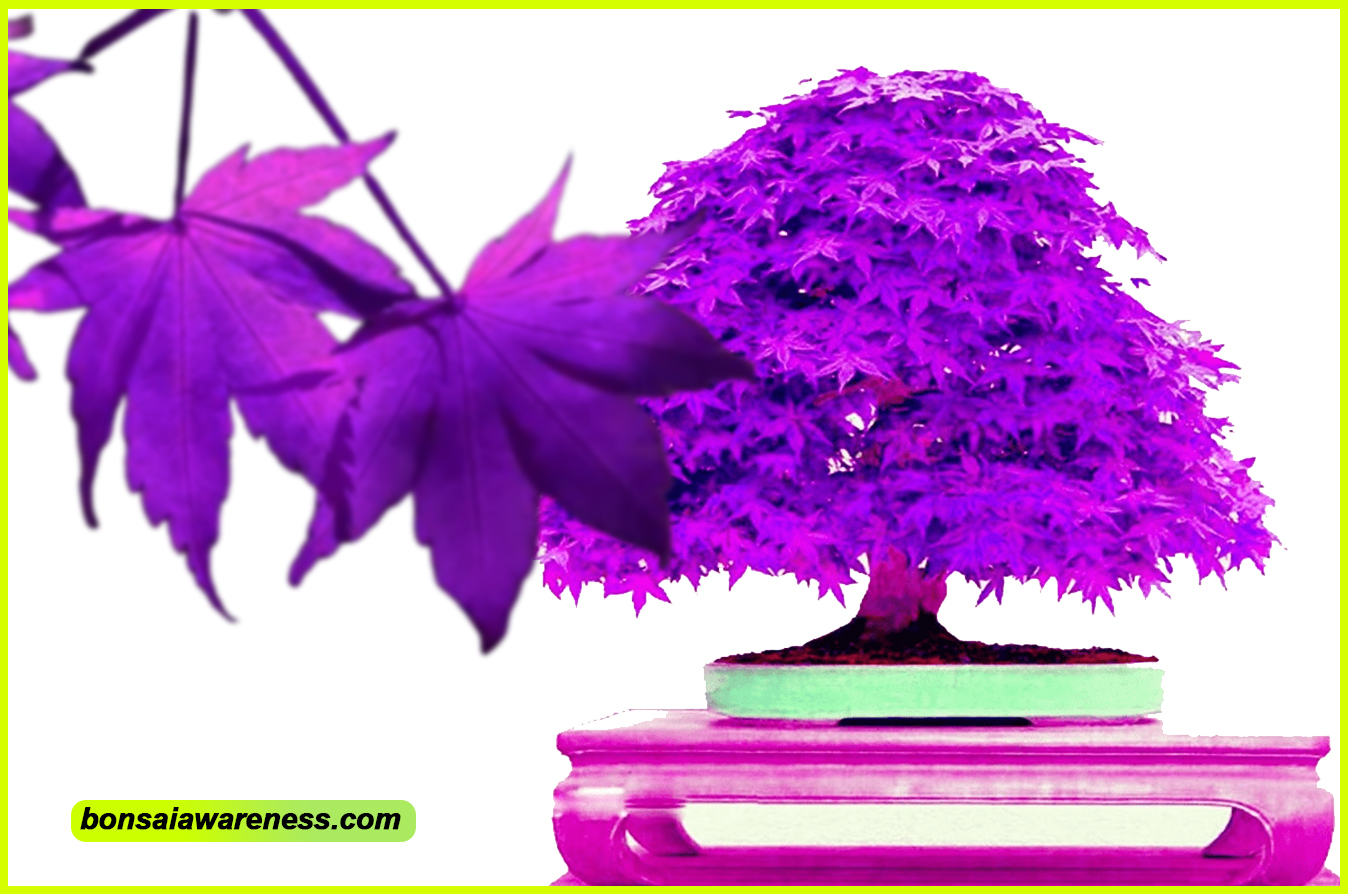Yes, Juniper Bonsai can thrive indoors if provided with appropriate care and conditions. Juniper Bonsai, known for its charming and compact size, can bring a touch of nature to any indoor space.
With its elegant, miniature trees and lush green foliage, Juniper Bonsai has become a popular choice for indoor gardening enthusiasts. However, it’s important to note that while Juniper Bonsai can be successfully grown indoors, it requires specific care and conditions to thrive.
This article will explore whether Juniper Bonsai can live indoors, the factors to consider, and the care tips to ensure its health and longevity in an indoor environment. So, whether you’re an experienced bonsai grower or a beginner, read on to discover all you need to know about growing an indoor Juniper Bonsai.
Benefits Of Indoor Juniper Bonsai
Indoor Juniper Bonsai offers numerous benefits; they thrive indoors and can add a touch of natural beauty to any space. These miniature trees require minimal maintenance while providing a sense of tranquility and bringing nature closer to you.
Low maintenance: Juniper Bonsai thrive indoors with minimal effort. They require regular watering and moderate sunlight exposure, but can tolerate lower light conditions.
Decorative element: These bonsai trees add beauty and style to any indoor space. With their twisted trunks, lush green foliage, and tiny berries, they are a visual treat and can be displayed as a centerpiece or on a windowsill.
Sense of tranquility: The presence of a juniper bonsai indoors can create a calming atmosphere. The serene nature of these miniature trees provides a sense of tranquility and can help reduce stress and anxiety.
Ideal Indoor Conditions For Juniper Bonsai
Juniper bonsai plants can thrive indoors if provided with the ideal conditions. Light is essential for their growth, and they require bright, indirect sunlight for several hours a day. Placing them near a south-facing window or using grow lights can ensure they receive adequate light.
The temperature and humidity levels also play a crucial role in maintaining a healthy indoor environment for juniper bonsai. They prefer cool to moderate temperatures, ideally between 60-75°F (15-24°C). Proper air circulation is necessary to prevent stagnant air and promote healthy growth. It is essential to avoid drastic temperature fluctuations and drafty areas.
To maintain suitable humidity levels, misting the foliage or placing the bonsai on a humidity tray filled with water can be beneficial. However, ensuring the soil is well-drained is crucial, as juniper bonsai does not tolerate excessive moisture.
Choosing The Right Juniper Bonsai For Indoor Living
Choosing the right Juniper Bonsai for indoor living can be crucial to its survival. When selecting a Juniper Bonsai for indoor cultivation, it’s important to focus on dwarf varieties and indoor-specific cultivars. These smaller variants are better suited for the limited space and lower light conditions of indoor environments.
Dwarf varieties of Juniper Bonsai are inherently smaller in size, making them more manageable for indoor living. Their compact growth habits and smaller leaves also contribute to their suitability for indoor cultivation. Furthermore, indoor-specific cultivars have been specially bred and selected for their adaptability to indoor conditions. They have a higher tolerance for low light levels and are less likely to grow too large for indoor spaces.
By choosing a Juniper Bonsai that is a dwarf variety or an indoor-specific cultivar, you are setting yourself up for success in keeping it healthy and thriving indoors. These specially selected plants are better equipped to handle the unique challenges of indoor living, ensuring a successful and enjoyable bonsai experience.
Caring For Indoor Juniper Bonsai
Watering your indoor juniper bonsai is crucial for its survival. The key is to strike a balance – not too much or too little water. Overwatering can lead to root rot, while underwatering can cause the tree to dry out and die.
When it comes to watering, it’s best to check the soil moisture before giving it a drink. Stick your finger about 1 inch into the soil – if it feels dry, it’s time to water. Make sure to water the entire root ball until the water runs out from the drainage holes.
Pruning and shaping your juniper bonsai is necessary to maintain its desired form. Start by removing any dead, dying, or discolored branches. Then, carefully trim back any overly long branches to maintain the overall shape.
Fertilizing is essential to provide the necessary nutrients for healthy growth. Use a bonsai-specific fertilizer during the growing season. Follow the instructions on the label for the correct dosage and frequency.
Common Challenges And Solutions For Indoor Juniper Bonsai
Juniper bonsai can thrive indoors with proper care and attention. However, there are common challenges that bonsai growers may face when it comes to their indoor juniper bonsai. Pest control is an important aspect to consider, as insects can cause damage to the juniper tree. Regular inspection of the tree and using organic methods such as neem oil can help control pests effectively. Disease prevention is also crucial, as juniper bonsai is susceptible to various fungal and bacterial infections. Proper ventilation, avoiding overwatering, and using sterilized tools can help minimize the risk of diseases. Managing root growth is another challenge, as indoor juniper bonsai needs regular root pruning and repotting. This helps maintain the health and size of the tree. Overall, with proper pest control, disease prevention, and root management, indoor juniper bonsai can thrive and bring beauty to your living space.
Frequently Asked Questions On Can Juniper Bonsai Live Indoors
Can Juniper Bonsai Live Indoors?
Yes, Juniper Bonsai can thrive indoors if provided with the right conditions. They require bright indirect sunlight, proper watering, and regular pruning to maintain their health. It’s important to avoid placing them near drafts or heating vents, and to provide enough humidity for their growth.
How Often Should I Water My Indoor Juniper Bonsai?
Watering frequency for indoor Juniper Bonsai varies depending on environmental conditions, pot size, and soil type. Generally, it is recommended to water thoroughly when the top inch of soil feels dry to the touch. Overwatering can lead to root rot, so it’s crucial to avoid leaving the plant in standing water.
What Type Of Soil Is Best For Juniper Bonsai?
Juniper Bonsai thrives in well-draining soil that allows excess water to flow out. A mixture of organic and inorganic components, such as Akadama, pumice, and lava rock, is commonly used. This type of soil provides good water retention and prevents root rot, ensuring optimal growth for your Juniper Bonsai.
Conclusion
Keeping a juniper bonsai indoors can be a viable option depending on specific care requirements. While providing the ideal conditions for its growth might be a challenge, with proper attention to temperature, lighting, humidity, and watering, indoor juniper bonsai can thrive.
Just remember to regularly monitor its health and make adjustments accordingly. So, don’t hesitate to give it a try and enjoy the beauty of a juniper bonsai in your indoor space.


Leave a Reply